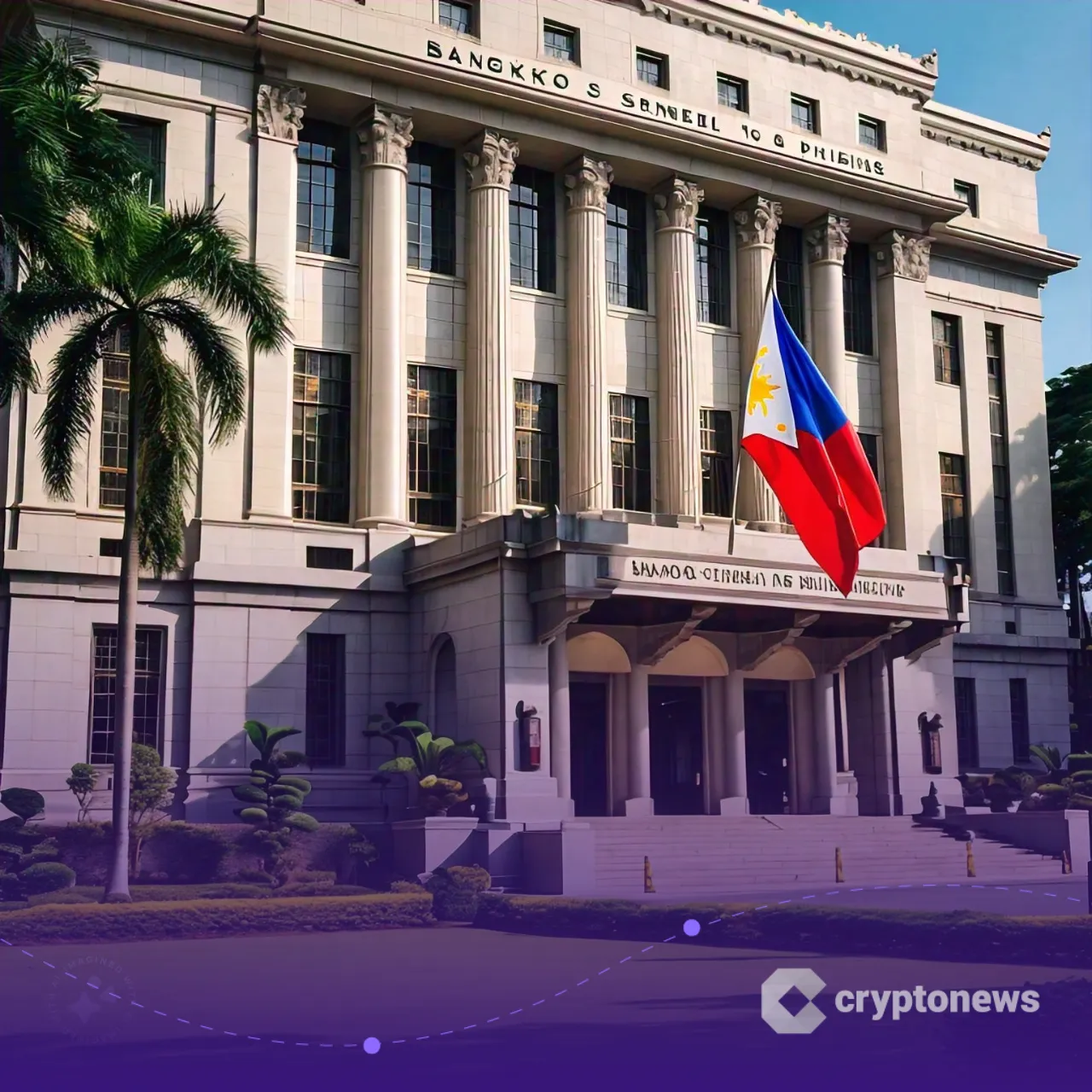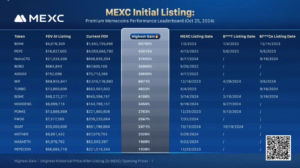Last updated:
 Why Trust Cryptonews
Why Trust Cryptonews
Ad Disclosure
We believe in full transparency with our readers. Some of our content includes affiliate links, and we may earn a commission through these partnerships.

On December 5, the Philippines Central Bank announced the completion of its wholesale central bank digital currency (CBDC) testing.
Philippine Central Bank Completes Wholesale CBDC Pilot
According to a press release, the Bangko Sentral ng Pilipinas (BSP) finalized its Project Agila testing designed to enhance interbank fund transfers. As Cryptonews previously reported, the project was unveiled in March 2024.
The initiative utilizes distributed ledger technology (DLT) hosted on Oracle Cloud Infrastructure to facilitate secure, round-the-clock transactions between financial institutions.
Project Agila tested the system’s functionality, security, and programmability, aiming to improve the efficiency and resilience of the Philippines’ large-value payment infrastructure.
Unlike retail CBDCs, which target public use, wholesale CBDCs are tailored for high-value transactions, including interbank settlements and cross-border payments.
BSP Governor Eli M. Remolona, Jr. underscored the system’s benefits, saying wholesale CBDCs “enhance liquidity management, reduce settlement risks, and support financial stability.” While the BSP has not disclosed specific pilot outcomes, it stated that insights from the initiative will guide its broader digital currency roadmap.
The completion of Project Agila reflects the BSP’s broader goal of accelerating the digitization of the country’s financial infrastructure. This aligns with the central bank’s efforts to integrate emerging technologies into the national payment system and enhance financial inclusion.
Wholesale CBDCs offer unique advantages over traditional banking methods. By operating beyond business hours, these tokens enable seamless transactions during evenings, weekends, and holidays. They also mitigate settlement risks, improve liquidity management, and simplify cross-border trade.
Future Possibilities for the Philippines
The BSP joins a growing list of central banks exploring CBDC innovations.
Countries like China and Australia have made significant strides in this domain, each focusing on tailored use cases. The People’s Bank of China has expanded its retail CBDC pilot to millions of users, while the Reserve Bank of Australia recently completed wholesale CBDC trials targeting cross-border settlements.
Meanwhile, the global outlook on CBDCs is shifting, with central bankers showing reduced enthusiasm for their adoption as 13% of respondents in a survey by the Official Monetary and Financial Institutions Forum (OMFIF) supported CBDCs as a solution for improving cross-border payments in 2024, a sharp drop from 31% in 2023.
Although the BSP has not committed to fully adopting a wholesale CBDC, Project Agila is a critical milestone. The trial’s outcomes are expected to inform future policy decisions, particularly as the central bank evaluates its next steps in digital currency adoption.
Governor Remolona emphasized the BSP’s commitment to leveraging insights from the trial. He noted, “Our findings will help us create a stronger, more resilient financial ecosystem while keeping pace with global trends in digital finance.”
As the BSP advances digital innovation, it also enhances oversight of virtual asset service providers (VASPs). A new reporting portal will launch on January 1, 2025, requiring VASPs to file detailed reports on transaction volumes, asset custody, and user demographics.
















